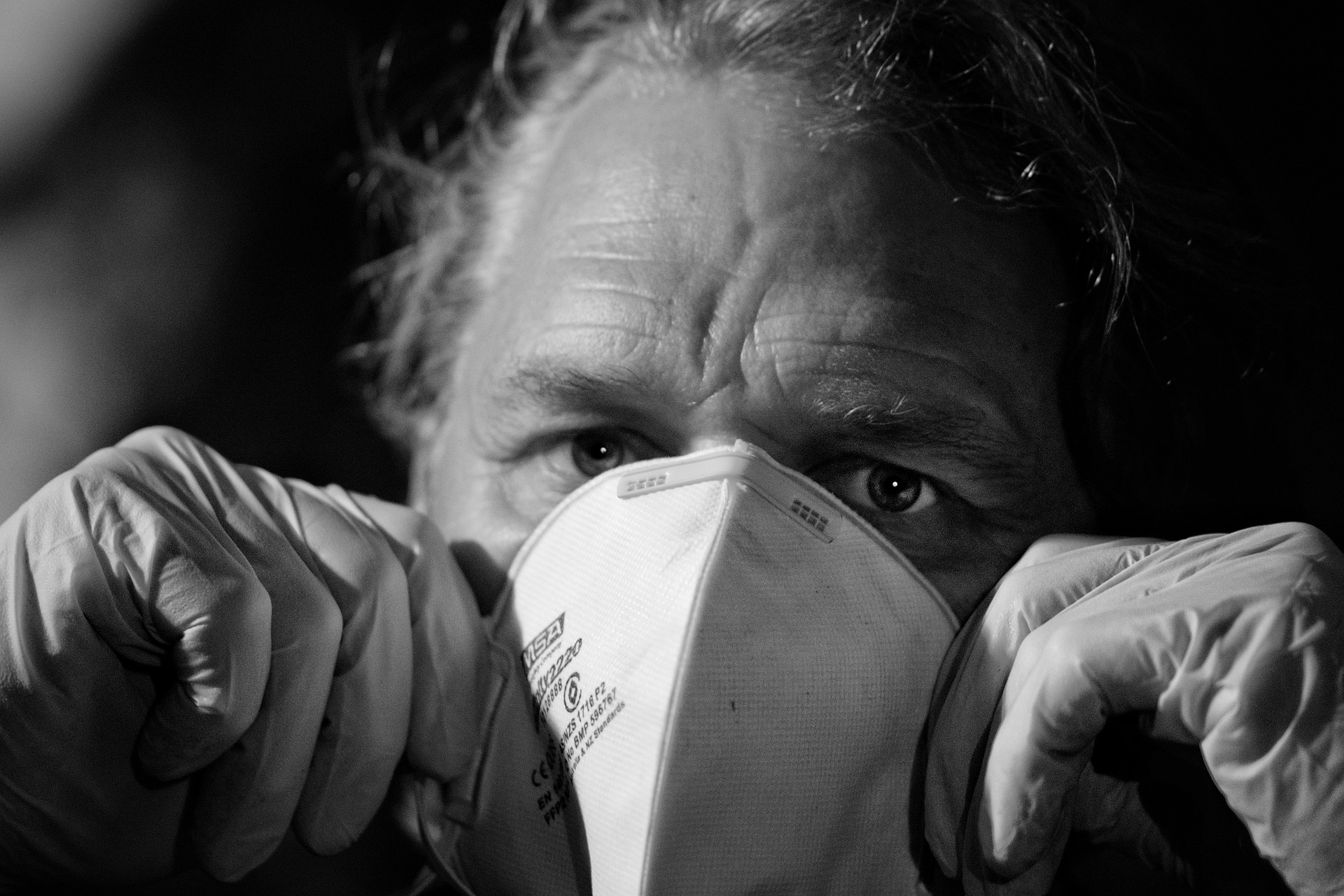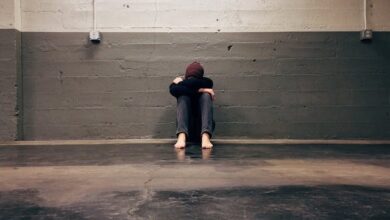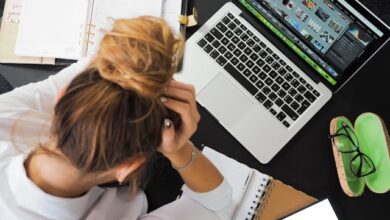
Avoiding an Ableist Mindset During the Coronavirus Pandemic
Image Source: Pixabay (https://pixabay.com/photos/sick-fear-illness-hospital-virus-4890118/)
We’ve all seen the videos: split screens with coronavirus infection tallies and death tolls on one side and images of crowded beaches with hordes of oblivious spring breakers frolicking in the sun.
We’ve all heard the sound bites: desperate mayors of major cities and small towns pleading for every American to practice social distancing to “flatten the curve.” And all too often what follows these pleas are disturbing interviews with confident young people proclaiming their lack of concern, their assurance in the protection of youth and health.
This alarming juxtaposition, the curious and terrifying disconnect, is really just an example of the age-old ableist mindset writ large across our country. And it is a mindset that’s killing us. Old and young, sick and well alike.
What is an Ableist Mindset and Why Does It Matter?
Fundamentally, an ableist mindset is one that draws significant distinctions between the “abled” and the “disabled,” between the sick and the well. More often than not, ableism also makes a distinction between the young and the old, especially if the elderly person also suffers from chronic health issues or impairments.
At first blush, it might seem that ableism is simply a part of observation. After all, you can see someone’s age. You can see how well they get around. You can see when someone is in a wheelchair or on a walker. You can see if someone is weak or struggling with physical function — at least some of the time. Health and illness are not the same. Impairment and non-impairment are not the same. Disabled and abled are not the same.
But it’s not so easy, so obvious, or so harmless. In fact, when you’re applying an ableist mindset, especially when it comes to a pandemic response, what you’re really doing is determining who has power and who doesn’t (i.e. the “abled” have the power to control and determine their lives; the “disabled” do not).
And when we apply this ableist response to the pandemic, what we’re seeing is that the “abled” are thought to have the power to determine and control their own risk, such as determining who should stay at home and who is free to go out and live their lives — with whatever precautions those “healthy” and, therefore, “free” people determine to be sufficient for themselves. They can choose to expose themselves, or not, because they are perceived to have little risk of fatality. They may choose to risk getting sick because the discomfort of the illness is a price they are willing to pay in order to do what they want to do (i.e. party during spring break).
The disabled, though, are thought, according to this mindset, to be entirely out of control. No matter what they, or others, may do, they’re probably going to get sick anyway. It is out of their power. It is beyond their control. And since they’re probably going to be infected, even though they may not survive, they have no right, authority, or power to dictate how the “abled” behave, how they choose to manage their own risk.
What It Means
A deeper look at the ableist mindset reveals something even more sinister than just differentiating between the “abled” and the “disabled.” When it comes to people’s behaviors in response to the pandemic, an ableist mindset is, basically, determining whose death is “acceptable” or “expected” and whose isn’t.
This is the risk of associating the direst outcomes of the infection only with vulnerability. The idea that those who have preexisting conditions, such as cardiovascular disease and high blood pressure, are more likely to get severely ill or die reinforces the sense that young and healthy people are invulnerable.
But it does even more than that. It also absolves the young and healthy from the responsibility to protect those who aren’t. And what that all boils down to, really, is that some people are just going to “die anyway,” either from coronavirus, their age or pre-existing condition, or some other ailment. So there’s no need for the “abled” person to inconvenience themselves to protect people who are already on their way out.
This may well be the mindset that is driving Indiana’s infamously slow response thus far. Rather than taking aggressive efforts to “flatten the curve,” the state’s leaders and legislators had largely refused to act. When schools and workplaces were shuttering nationwide, for large swaths of Indiana, it was pretty much business-as-usual.
What to Do
Breaking the ableist mindset in responding to the pandemic means recognizing that we truly are all in this together. None of us can be protected unless and until all of us are protected. That means that we need to practice meticulous hygiene, routinely sanitizing surfaces and washing our hands in an effort to help establish herd immunity until a vaccine becomes available.
That also means closing Indiana’s schools and public gathering spaces. It means mandating that those who can work from home do so. It means closing down non-essential businesses and services across Indiana until at least April 30, and it means offering state support for individual workers, families, and businesses as they seek to protect themselves, their loved ones, and our communities.
It also means safeguarding the quality of the food supply so that we will be as strong and healthy as possible when contagious diseases like coronavirus emerge. This includes increasing the availability, accessibility, and affordability of organic foods, especially for the most vulnerable populations.
Another vital issue is to recognize that the pandemic isn’t just a public health issue. It is also an economic crisis in the making. Illnesses and injuries have long been the leading cause of bankruptcy in the United States. Medical bankruptcy is, unfortunately, nothing at all new in America.
Now, however, Americans are not only facing potentially astronomical medical bills, but they’re also incurring massive job loss and income reduction. Even those who have escaped the ravages of the virus have probably not escaped the ravages of the national and global economic shutdown.
That means that protecting yourself, your family, your community, and your nation also involves healthy financial practices as well. Now is the time to seek financial support, researching community, state, and federal aid programs when you need them.
And if you are one of those who is on a sound financial footing, despite the meltdown, consider sharing your good fortune. Donate any money or supplies you can spare to local charities and food banks. Because now, more than ever, the old adage is true: if we don’t hang together, we will all hang separately.




